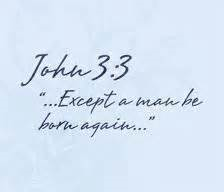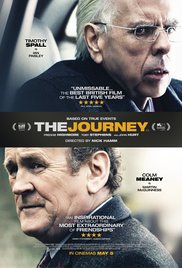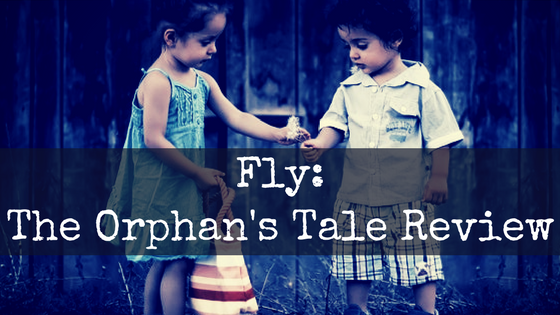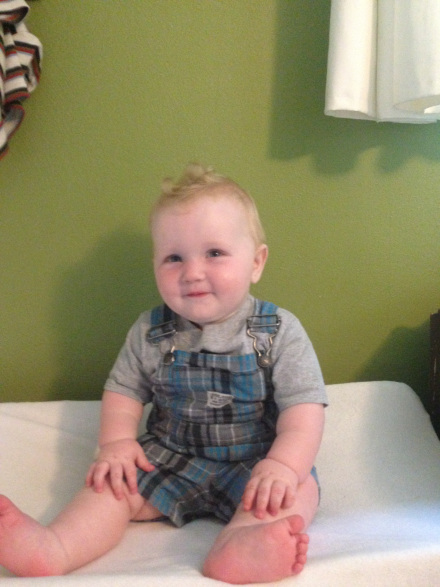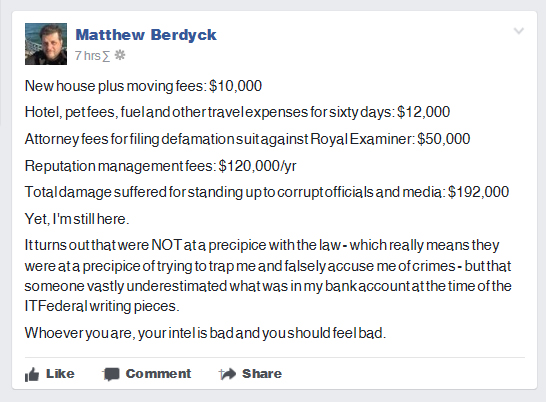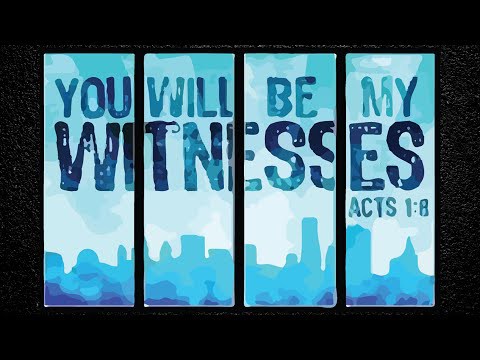Let’s talk about sex.
Monique Roffey’s self-proclaimed “small, sexy novel,” published by indie press Dodo Ink, is an unashamed celebration and exploration of all things erotic, telling the tale of a loving but sexless married couple and their encounter with a woman who is far more than meets the eye. I can’t say that erotic fiction has ever really appealed to me as a genre; the fact that I worked as a bookseller during the soul-crushing 50 Shades of Grey obsession of 2012 may have more than a little to do with it. Yet The Tryst is not some piece of barely concealed fan-fiction, but a well-thought out piece of literary prose that took Roffey fourteen years to write.
Coming in at under 200 pages, The Tryst is a tightly contained, almost claustrophobic narrative, concentrating almost entirely on its three main characters and the events of a single night and day. Married couple Jane and Bill meet a friend in a pub, but are soon joined by the small, enigmatic Alabaman Lilah, who has pointed ears and inescapably absorbing manner. As she watches this stranger flirt with her husband – and her husband flirt back – Jane makes an impulsive, drunken decision: to invite Lilah home with the pair of them.
What Jane and Bill do not initially realise is that Lilah is not even human. In actual fact, she is an imp; a modern-day reincarnation of Lilith, Adam’s first wife. Lilah is the opposite to the now-prudish Jane whom she despises: as she puts it, “I am the thing that is bothering you.” In other words, she is sexuality personified.
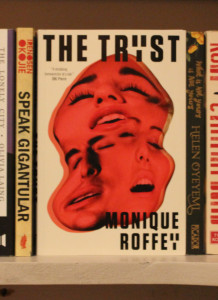 Almost every chapter of the book is told from the perspective of each of the characters: first we hear Jane’s observations, then Lilah’s, then Bill’s. This definitely adds to the claustrophobia of the novel, as the events are entirely enclosed within the three speakers’ points of view; Roffey essentially forces her reader to dwell on everything that takes place, to witness it over and over. This technique does risk becoming monotonous at times, especially when the details related in triplicate are quite mundane. By contrast, once the plot moves on to its inevitable sex scenes (and there are many, many sex scenes, related in rather a lot of detail), each one is presented to the reader multiple times, like some erotic hall of mirrors.
Almost every chapter of the book is told from the perspective of each of the characters: first we hear Jane’s observations, then Lilah’s, then Bill’s. This definitely adds to the claustrophobia of the novel, as the events are entirely enclosed within the three speakers’ points of view; Roffey essentially forces her reader to dwell on everything that takes place, to witness it over and over. This technique does risk becoming monotonous at times, especially when the details related in triplicate are quite mundane. By contrast, once the plot moves on to its inevitable sex scenes (and there are many, many sex scenes, related in rather a lot of detail), each one is presented to the reader multiple times, like some erotic hall of mirrors.
This is a book of divisions and distinctions. Most obvious is the physical separation of Jane and Bill, lying apart every night in their marital bed. By extension, The Tryst questions the difference between sex and love; Jane is simultaneously full of love for her husband yet entirely lacking in desire for him. There are also more subtle contrasts at play: between the couple’s sterile urban environment and the earthiness of Lilah’s magical woodland home; between English repression and American candor. As Lilah puts it early in the novel:
Funny how the English cannot be plain speaking, ask questions. Fishy, awkward, difficult things can happen but they pass by undiscussed; the English are too polite or perhaps too innocent to think the worst.
These distinctions drive the plot initially, but as the story progresses things inevitably get a little messy – and I am not just referring to the state of the couple’s house after Lilah has made her mark, so to speak. By the novel’s end, sex has irrevocably ruined the quiet neatness of Bill and Jane’s home (Lilah and Bill literally “take a tour of all the spots where he’d never had sex in that cold, unf*cked house”), not to mention the quiet neatness of their lives.
In order to fulfil the task of describing so much sex in such explicit detail, Roffey has a frankly astounding vocabulary at her disposal. At once modern and archaic, medical and filthy: her sexual lexicon is something else. Her use of lesser-common words felt most at home during Lilah’s portions of the narrative; well-trained in her skills, she should know all the relevant terminology. I did find it odd, however, when Bill’s passages also featured some of the more unusual, old-fashioned words. Even though Bill turns out to have more in common with Lilah first appearances suggest, I did not expect such an average Joe to adopt such phrases so naturally.
Then again, I’m probably not the best judge of these things. As I mentioned, I don’t generally read books that approach sex in quite such detail, nor with quite such relish. I don’t think The Tryst has converted me into a fan of erotic fiction, though it was certainly interesting to delve into a book so far out of my reading comfort zone.
To anybody who does enjoy erotica, or indeed domestic noir, I would certainly recommend you pick up a copy – it is an undoubtedly gripping read, as much about the mind games played between the trio as it is about sex. Even if you don’t typically “do” those sorts of books, Roffey is a captivating storyteller; Dodo Ink’s website features a sample passage from the novel if you’re curious.
Thank you to Dodo Ink for sending me a free copy of The Tryst in exchange for my honest review.
Advertisements Share this: